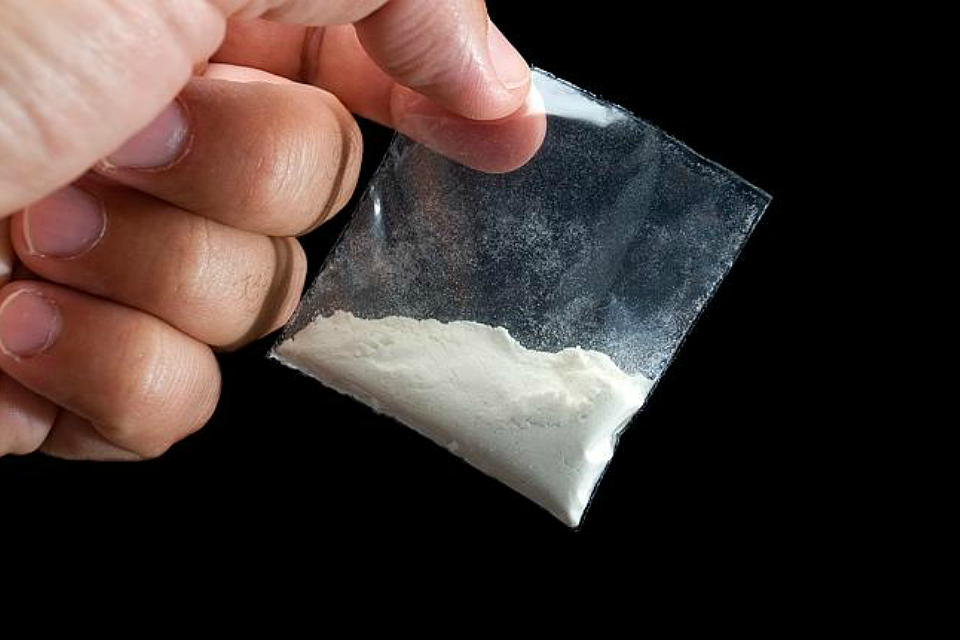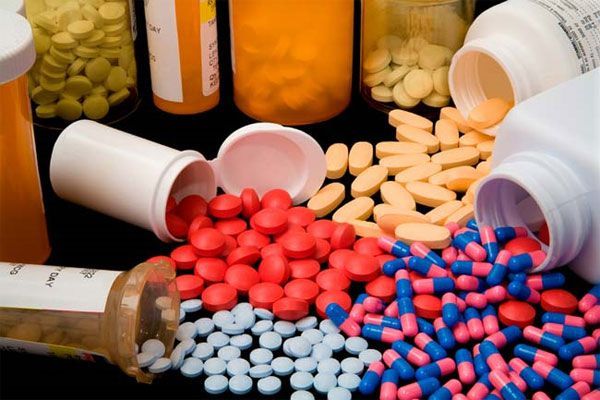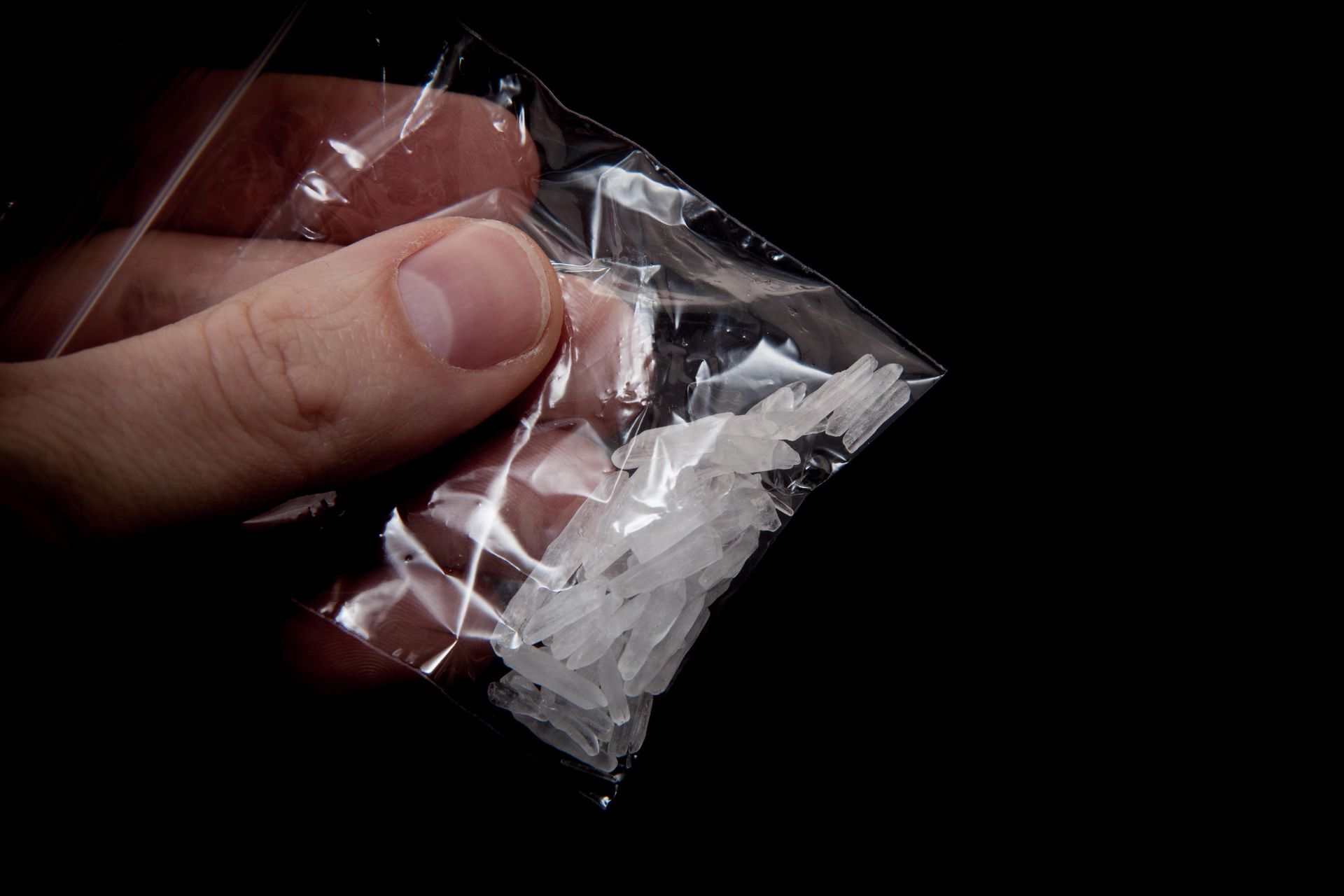Orange County Drug & Alcohol Rehab Center
Providing Superb Rehab Care for Over 20 Years
Call us today for help
Finding the right drug and alcohol rehab center can feel overwhelming. Orange County Rehab Center stands out for offering the most comprehensive and evidence-based addiction treatment. Our personalized recovery plans ensure each client gets the support and attention they need.
We treat a variety of addictions, including alcohol, cocaine, heroin, and methamphetamine. Our holistic approach combines medical treatment with emotional and psychological support. We aim to make our top-notch services available for all. Our Orange County California facility accepts most insurance plans, like HMO, PPO, EPO, and POS. Flexible payment terms are available to those without insurance coverage.
Why you Should Choose Orange County Drug and Alcohol Rehab Center
Family Owned
Our facility is family-owned, ensuring a personal and caring approach to treatment.
PhD Level Clinical Director
We have a Clinical Director with a PhD, bringing advanced expertise to our programs.
Legitscript Certified
Our facility is Legitscript certified, ensuring adherence to ethical and professional standards.
State Licensed and Joint Commission Accredited
We are fully licensed by the state and accredited by the Joint Commission, demonstrating our commitment to high standards of care.
Masters Level Therapists Specialized in PTSD and Trauma
Our team includes therapists with master’s degrees who specialize in PTSD and trauma, providing expert care.
Individualized Clinical Approach
We provide specialized services for high-risk detoxification from long-term Methadone or Suboxone maintenance, as well as Medication-Assisted Treatment (MAT).
Medical And Clinical Efficacy
Our personalized treatment approach incorporates evidence-based practices and trauma-informed care. This includes EMDR Therapy (Eye Movement Desensitization and Reprocessing) for PTSD and trauma treatment, as well as Bio Sound Therapy to address acute and post-acute withdrawal symptoms. These therapies are integrated within a therapeutic community framework, forming our “Sanctuary Model” of care for every individual who comes through our doors.
Sanctuary Model
At OC Rehab Center, our team of dedicated professionals is committed to delivering quality substance abuse treatment services grounded in compassion and genuine understanding. Our primary goal is to enhance the quality of life for the individuals we serve and their families. We believe that every person is valuable and deserves to be treated with dignity and respect.
Embracing your New Life
Upon successfully completing our program, each client will return to their communities with renewed fervor and enthusiasm for life. In just 30 to 90 days of healing and transformation, a new life awaits you.
Need Help with Making Treatment Possible?
If you're concerned about the cost of care or have limited insurance coverage, we accept a wide range of insurance providers to help ensure you receive the care you need, no matter your financial circumstances.
Find out how we can assist you today.
What is Addiction?
Addiction is a complex condition characterized by compulsive substance use despite harmful consequences. It's a chronic disease that affects the brain's reward, motivation, and memory functions. Addiction makes individuals dependent on substances even after being aware of their consequences.
Addiction alters the brain's chemistry. Drugs and alcohol hijack the brain's reward system, causing an increase in dopamine. Over time, the brain becomes reliant on these substances to release dopamine. As a result, the person feels less pleasure in everyday activities. The World Health Organization (WHO) estimates there are over 35 million people who suffer from drug use disorders. However, only a few are getting treated. Only 10% of the 21 million Americans with drug addiction get treatment according to the NSDUH.
How Does Addiction Manifest?
Addiction manifests as a physical and psychological dependence on drugs. This dependence leads to drug tolerance and withdrawal symptoms. Psychological dependence involves cravings and an inability to resist the substance.
Genetic factors account for 40-60% of addiction risk. This includes environmental influences, like early exposure to drugs and alcohol—children who are exposed to substances early are likely to develop addiction in their adulthood. Individuals who receive early treatment are more likely to achieve long-term sobriety. Early intervention and comprehensive treatment are the key to living an addiction-free life. Treatment can include medical detox, behavioral therapy, and support groups.
What are the Common Misused
Substances?
Our Specialized Treatment Options
01
Detoxification Services
Detox is the first step in the recovery process. Our detoxification services help individuals safely withdraw from drugs and alcohol. Studies show that medically supervised detox increases the likelihood of completing the detox process by 20-30%. It reduces the risk of severe withdrawal symptoms and ensures patient safety and comfort.
02
Dual Diagnosis Treatment
We offer dual-diagnosis treatment for clients dealing with both addiction and mental health issues. Our specialists follow evidence-based treatment methods like Cognitive-Behavioral Therapy (CBT) and Dialectical Behavior Therapy (DBT). The goal is to provide balanced care to improve both mental health and substance dependency outcomes.
03
Evidence-Based Therapies
We use various evidence-based therapies to effectively treat addiction. CBT, DBT, and Motivational Interviewing (MI) are proven effective in treating SUD. Motivational Interviewing helps increase clients' motivation to change. It has been associated with a 20% increase in treatment retention rates.
04
Medication-Assisted Treatment (MAT)
Medication-assisted treatment (MAT) involves the use of FDA-approved medications combined with counseling and behavioral therapies. The medications we use include methadone, buprenorphine, and naltrexone to reduce cravings and withdrawal symptoms.
Other Things To Know
Admission Process
We start with an initial consultation to assess individual needs. This is followed by an evaluation to determine the best level of care, be it outpatient, intensive outpatient, or residential.
Insurance and Payment Information
We accept many major insurance plans here at OC Rehab Center. Our billing specialists will discuss with you the coverage of your health plan. We also offer flexible payment terms for those without insurance.
Family Support and Education
As we aim for long-term recovery and sobriety, we also understand that the family plays a crucial role in the process. Studies have shown that family education can decrease relapse rates by up to 50%. This is why we help them understand addiction and the process each patient has to go through.
Our Locations in Orange County
Irvine Center
Our Irvine facility offers comprehensive addiction treatment with a focus on holistic recovery. Located in the heart of Orange County, patients can get both outpatient and residential programs. The facility’s proximity to Irvine's top-tier healthcare services ensures quick access to specialized medical care when needed. Our facility in Irvine features state-of-the-art amenities designed to promote physical and mental well-being.
Huntington Beach Center
At the Huntington Beach Center, we integrate the healing power of nature into each patient's recovery process. This serene beachside location provides a relaxing environment for recovering patients. Our Huntington Beach Center offers a tranquil atmosphere that encourages reflection and healing. The center also offers recreational activities such as beach walks and yoga sessions.
Santa Ana Community Center
Our Santa Ana center provides accessible addiction treatment to the local community. Located in the heart of Santa Ana, this center is deeply integrated into the vibrant local community. The facility is welcoming and inclusive. We have multilingual staff and culturally sensitive treatment plans that respect and honor the diverse backgrounds of our clients. Our Santa Ana center also collaborates with local organizations and support groups to provide a comprehensive network of care that extends beyond the treatment facility.
Frequently Asked Questions (FAQ)
1.What Types of Addiction Do You Treat?
We treat a variety of addictions, including alcohol, prescription drugs, opioids, fentanyl, cocaine, and methamphetamine. We also offer programs for behavioral addictions such as gambling and internet addiction.
2. Do You Offer Inpatient or Outpatient Treatment?
We offer both inpatient and outpatient treatment programs. Inpatient treatment involves residing at our facility for some time. Outpatient treatment allows patients to live at home and attend therapy sessions during the day or evening.
3. What can I expect during the admissions process?
The admissions process includes an initial assessment to determine the appropriate level of care. We'll discuss the goals of your treatment. There is also paperwork that needs to be completed before admission. Our admissions team will guide you through every step to ensure a smooth transition into our program.
4. How Long Does a Typical Treatment Program Last?
Inpatient programs typically last 30, 60, or 90 days. Outpatient programs can range from a few weeks to several months. The length of treatment varies depending on individual needs.
5. Can I Find Gender-Specific Rehab Programs in Orange County?
Yes, many facilities offer gender-specific programs to address unique issues faced by men and women in recovery. These programs provide a more tailored approach to treatment.
6. What Should I Expect in the Detox Program?
Detox programs start with a comprehensive medical assessment. This is followed by medical supervision to manage withdrawal symptoms safely and effectively. This process prepares the clients for further treatment.
7. How do I Choose the Right Drug and Alcohol Rehab Center in Orange County?
Consider the types of programs offered. The credentials of the staff, location, and whether the facility specializes in treating your specific addiction or co-occurring conditions. Personally visit the facility and talk with the staff to get more information.
8. How Can I Verify the Credentials of a Rehab Facility in Orange County?
You can check for state licensing and accreditation from organizations such as the Joint Commission. Reviews and testimonials from former clients also provide insight into the facility’s effectiveness.
9. Are Your Treatment Programs Evidence-Based?
Yes, our treatment programs are grounded in evidence-based practices. We continuously incorporate the latest research and proven methodologies to provide the most effective care.
10. Can I continue my education or work while in treatment?
It's possible to continue work or school in our outpatient programs. Our team will help you develop a schedule that balances your responsibilities with your recovery needs.
11. What if I Relapse After Treatment?
Relapse is a common part of the recovery journey. If you experience a relapse, we encourage you to reach out immediately. We offer relapse prevention programs and additional support to help you get back on track.
Still have questions?




